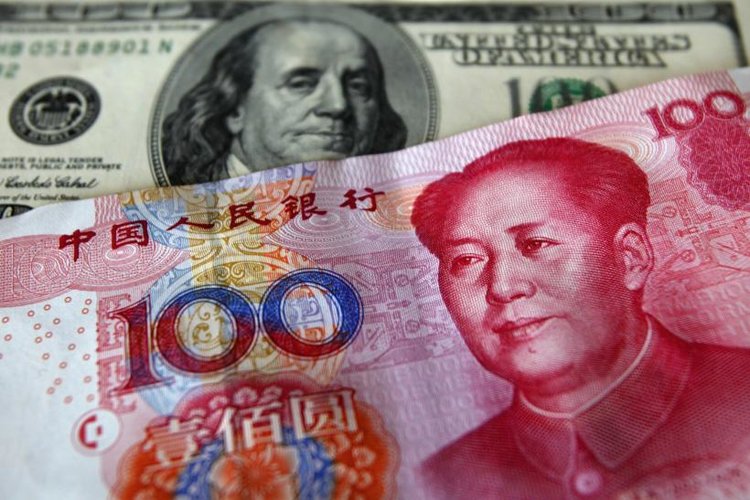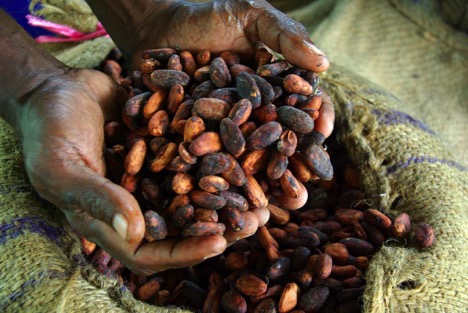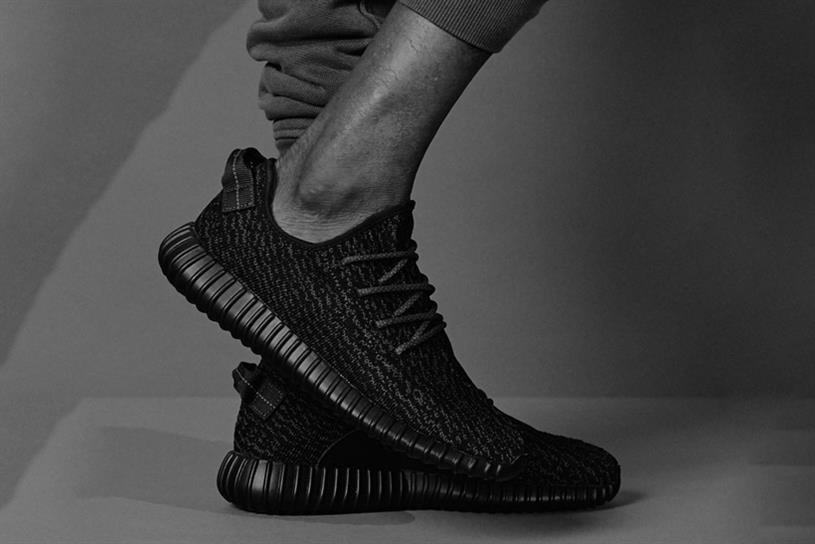- 14 African countries may incorporate China’s yuan in their foreign exchange reserves
- In 2017 total China-Africa trade was $170B
China took another step in growing its economic influence across Africa last week. Central bank and government officials from 14 Southern and Eastern African countries discussed the prospects of including China’s yuan in their foreign exchange reserves. What would such a move mean for these nations’ economies?
Why This Matters: Over the past nearly 20 years China’s influence on African economies has grown rapidly. From 2002 – 2003, trade between China and African nations totaled $17.5 billion, and increased to $170 billion in 2017. While this trade figure has grown dramatically, the U.S. dollar remains the primary currency in African countries’ foreign exchange reserves. This is despite the $55 billion in trade between the U.S. and African countries paling in comparison.
The U.S. dollar has been the primary foreign exchange currency for much of the world because of its relative stability. The scale at which China is trading with and lending to African nations creates more incentive for them to hold yuan in their reserves. This reduces the friction of trade and makes it easier to repay loans. Countries would not have to convert their currencies into the dollar before then converting transactions into yuan. This paves the way for trade flows between China and African nations to continue their growth.
Situational Awareness: The 14 nations engaging in these discussions are following Nigeria’s lead. The country began including the yuan in its foreign exchange reserves in 2011. At that time the Central Bank of Nigeria allocated 10% of its foreign exchange reserves to the yuan. Last month, China and Nigeria signed an agreement for the country to include $2.5 billion in yuan as part of its foreign exchange reserves.
CBx Vibe: “Nobody” L.A.X. feat. WizKid









